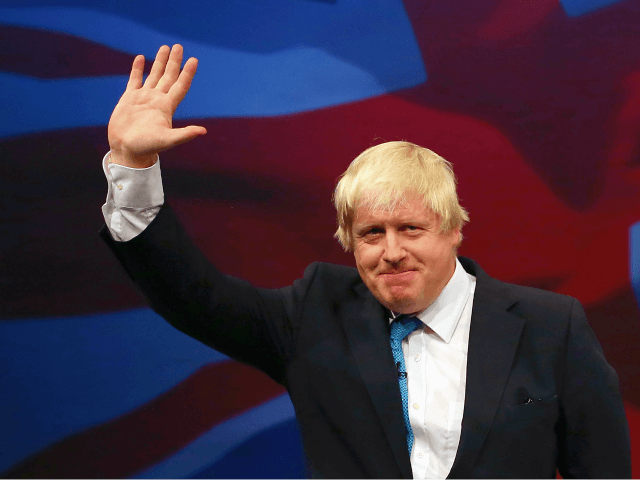Conservative Party leader candidate Boris Johnson is reportedly planning a special no-deal Brexit budget to get the British economy “going gangbusters” by October 31st if the UK leaves the EU without a deal.
According to The Times, Mr Johnson is planning a series of tax cuts, raising the threshold for land tax on purchasing homes, a “Trump-style” freeze on new regulations, and raising the investment allowance threshold to stimulate business.
It is believed that if Tory Party members vote for Mr Johnson to be the next party leader, and he becomes prime minister, he will bring forward the budget, which is normally delivered in October or November, to September.
Other fiscal measures being considered to stimulate the economy and support taxpayers includes raising the threshold for the 40p rate of income tax from £50,000 to £80,000. He is also considering a proposal initially put forward by his former leadership rival and fellow Brexiteer Dominic Raab to increase the national insurance contribution threshold from £8,632 to £12,500, meaning Britons will see more money in their paycheques every month.
Mr Johnson could also end stamp duty — the land tax paid when buying a property — on houses costing less than £500,000. Currently, only the first £125,000 is exempt.
He is expected to discuss plans next week at a meeting chaired by Sir Edward Lister, with three senior sources from the former foreign secretary’s campaign telling the newspaper confirming that the ideas were under consideration.
Earlier this week, the Institute for Fiscal Studies attacked proposals by Boris Johnson to cut taxes, claiming that the former foreign secretary’s plans to raise the threshold on the upper rate would cost “many billions”, the assertion gaining widespread mainstream media coverage.
Last week, Brexit supporter and chairman of Capital Economics Roger Bootle wrote that he believes tax cuts will “offset any short-term difficulties and sending signals to both businesses and individuals about our post-Brexit future” and “can play a vital role in getting the best results from Brexit”.
The TaxPayers Alliance announced earlier in the month that it supported Mr Johnson’s pledge to cut taxes for higher earners should he become prime minister, with the group’s Chloe Westley telling talkRADIO that Mr Johnson’s plans are about “encouraging and rewarding success”, saying: “If you’re considering working harder to get a promotion, or starting that small business, but you see that the tax takes for earning more is so high that you won’t see much of a difference at all, what’s the point in trying harder?”
“I think most people understand that if you don’t have an incentive for success then people won’t want to go out on their own and do the things that actually make the economy grow,” she added.
In terms of how President Trump’s tax cuts benefitted Americans, the TPA’s campaign manager said: “You will find that when you cut these taxes for higher earners often actually the government gets more revenue in. In the United States when they cut income tax like this, their revenue intake for that year actually went up because the economy was growing, more hires were happening.”

COMMENTS
Please let us know if you're having issues with commenting.